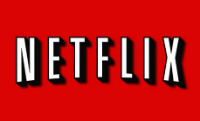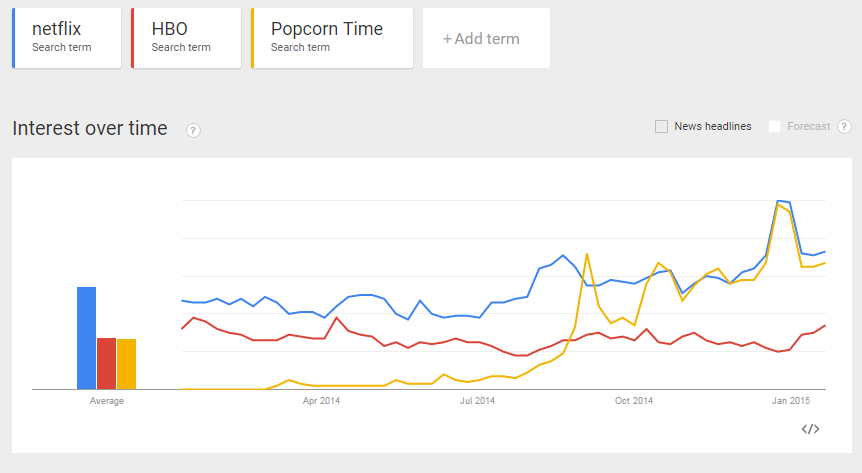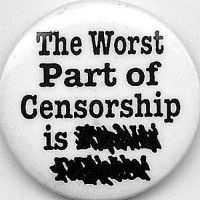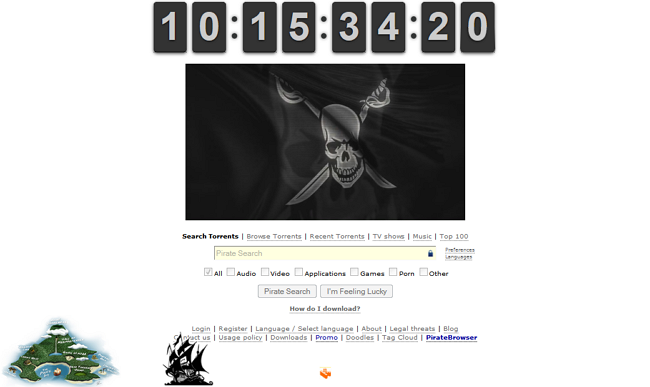Cox: We’re Not Responsible For Pirating Customers
jeudi 22 janvier 2015 à 18:55 For more than a decade copyright holders have been sending ISPs takedown notices to alert account holders that someone’s been using their connection to share copyrighted material.
For more than a decade copyright holders have been sending ISPs takedown notices to alert account holders that someone’s been using their connection to share copyrighted material.
These notifications have to be forwarded under the DMCA law and are meant to deter Internet subscribers from sharing unauthorized material.
Cox Communications is one of the ISPs that forwards these notices. The ISP also implemented a strict set of rules of its own accord to ensure that its customers understand the severity of the allegations.
According to some copyright holders, however, Cox’s efforts are falling short. Last month BMG Rights Management and Round Hill Music sued the ISP because it fails to terminate the accounts of repeat infringers.
The companies, which control the publishing rights to songs by Katy Perry, The Beatles and David Bowie among others, claimed that Cox has given up its DMCA safe harbor protections due to this inaction.
The case is a critical test for the repeat infringer clause of the DMCA and the safe harbor protections ISPs enjoy.
Today Cox replied (pdf) to the complaint, denying pretty much all allegations put forward by the music publishers. In addition, the ISP briefly outlined various defenses it submits in reply.
The company argues that the claims against the company are barred for a wide range of reasons. Cox had no knowledge of the infringements, for example, and never had the intent to induce, profit from, or materially contribute to piracy conducted by its customers.
In addition the ISP notes that the claim of vicarious liability falls flat because the company has no controlling (Respondeat superior) relationship with its customers.
While the responses are very brief, and have yet to be detailed in the future, Cox also argues that the music publishers may not have the proper copyrights to some of the works that are at stake.
“Plaintiffs’ claims are barred to the extent they do not own copyrights in the works underlying their claims,” they note,
In addition, Cox’s lawyers argue that “the doctrine of copyright misuse” bars their claims, suggesting that BMG and Round Hill Music used abusive or improper practices in exploiting or enforcing copyright.
The latter may refer to the settlement schemes the publishers are engaged in together with Rightscorp. A few weeks ago Rightscorp and its clients were sued for fraud, harassment and abuse for their controversial anti-piracy actions.
The case will now move forward with both sides substantiating their claims during the months to come. Given the importance of the issue at hand it wouldn’t be a surprise if other ISPs and web services such as Google also chime in.
Source: TorrentFreak, for the latest info on copyright, file-sharing, torrent sites and anonymous VPN services.




 For friends and foe alike, the past 44 days have resulted in a will it / won’t it return guessing game surrounding The Pirate Bay.
For friends and foe alike, the past 44 days have resulted in a will it / won’t it return guessing game surrounding The Pirate Bay.